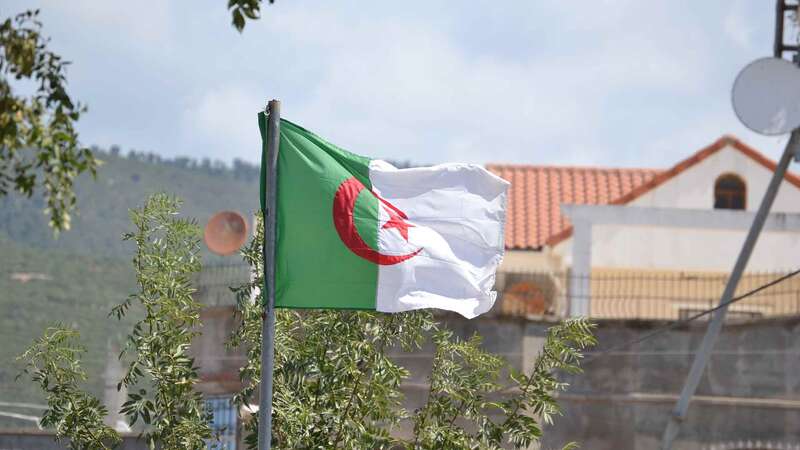You are viewing your 1 free article this month. Login to read more articles.
France sees 2015 rise in book sales
Book sales in France rose in 2015 after five years in decline, despite the impact of the January and November terrorist attacks in Paris.
Publishers’ sales increased by an estimated 1.5% to 2.0% between 2014 and 2015, Vincent Montagne, president of the French Publishers Association (Syndicat National de l’Edition, SNE) and c.e.o. of Media Participations, told a New Year reception earlier this month. Prospects for this year are promising, he added.
Novels rose 5.5% last year, comic books and manga 2.5%, or 8% if the ever-popular Asterix is included, and paperbacks 1%, he added, confirming figures published by ActuaLitté.
Independent booksellers fared better than the average. Their turnover rose by 2.7% in 2015, the French Booksellers Association (Syndicat de la Librairie Française, SLF) said. Comic books rose by 12.6%, practical books 5.2%, and literature and children’s books by 3.6%.
In December, sales reported by the 150 independent outlets of all sizes, which make up the SLF’s new book observatory and represent combined annual sales of some €200m, rose by 5% year-on-year, SLF president Matthieu de Montchalon told The Bookseller.
Strong sellers such as Delphine de Vigan’s D’après un Histoire Vraie (Based on a True Story), which was published by Jean-Claude Lattès and won the Renaudot and lycée students Goncourt prizes, as well as other 2015 literary prize-winning titles were popular gifts at Christmas. Palmyre, l'irremplacable trésor (Palmyra, the irreplaceable treasure) by Paul Veyne, which was published by Albin Michel in homage to the Syrian Greco-Roman ruins that were partially destroyed by ISIS, and Paris est une Fête (Paris is a Moveable Feast) by Ernest Hemingway, published in France by Gallimard under the Folio imprint, were also in demand at indies.
In the aftermath of the November terrorist attacks in Paris, consumers shunned major shopping centres in favour of independent booksellers and other neighbourhood retailers. But indies have also defied predictions of their demise by allowing “an exchange of ideas and an escape from reality,” de Montchalon added.
With 3,000 outlets in France, the most dense network in the world, every resident of towns with a population of at least 20,000 can find an independent bookshop within reach, he noted.


















